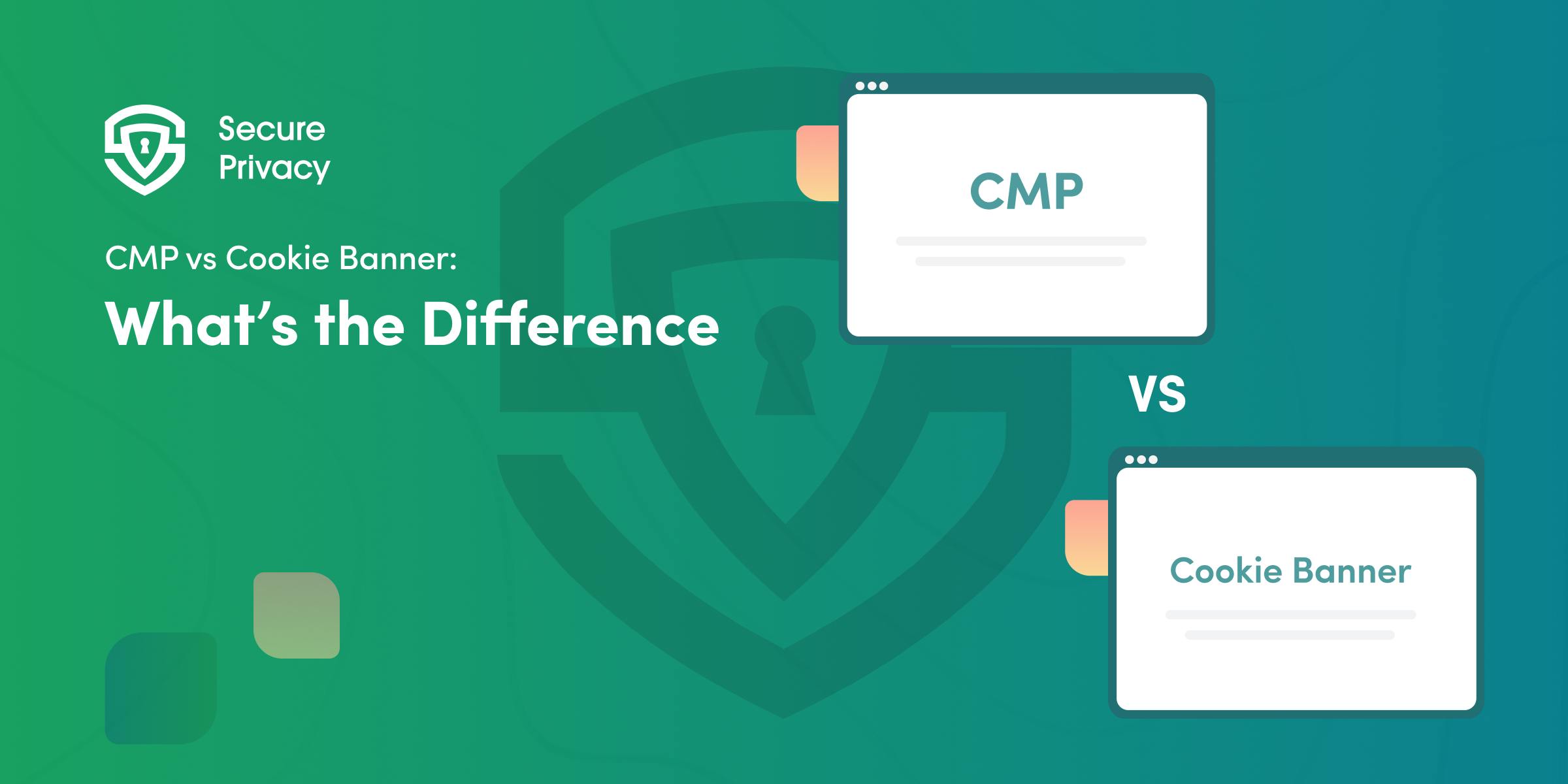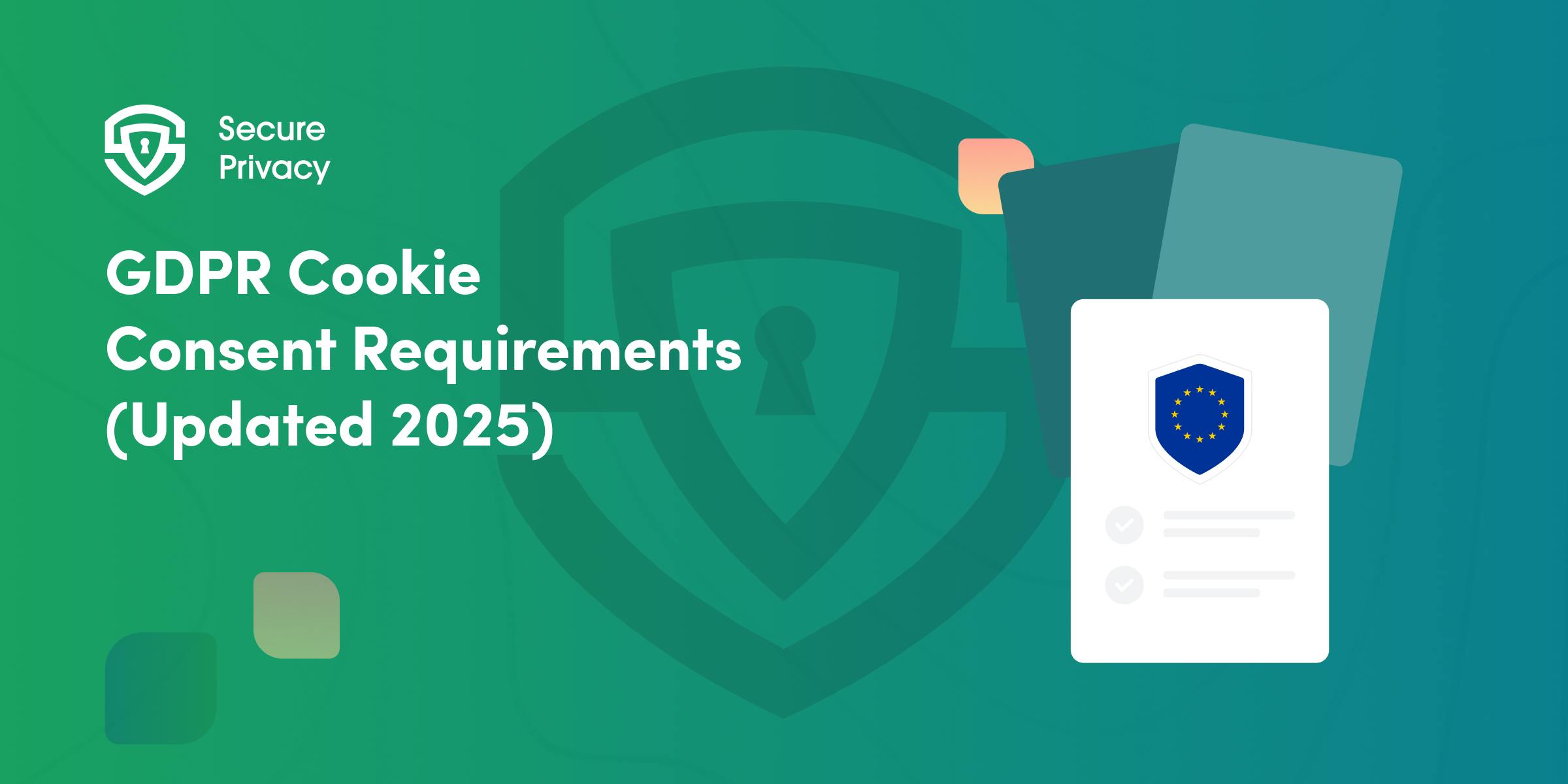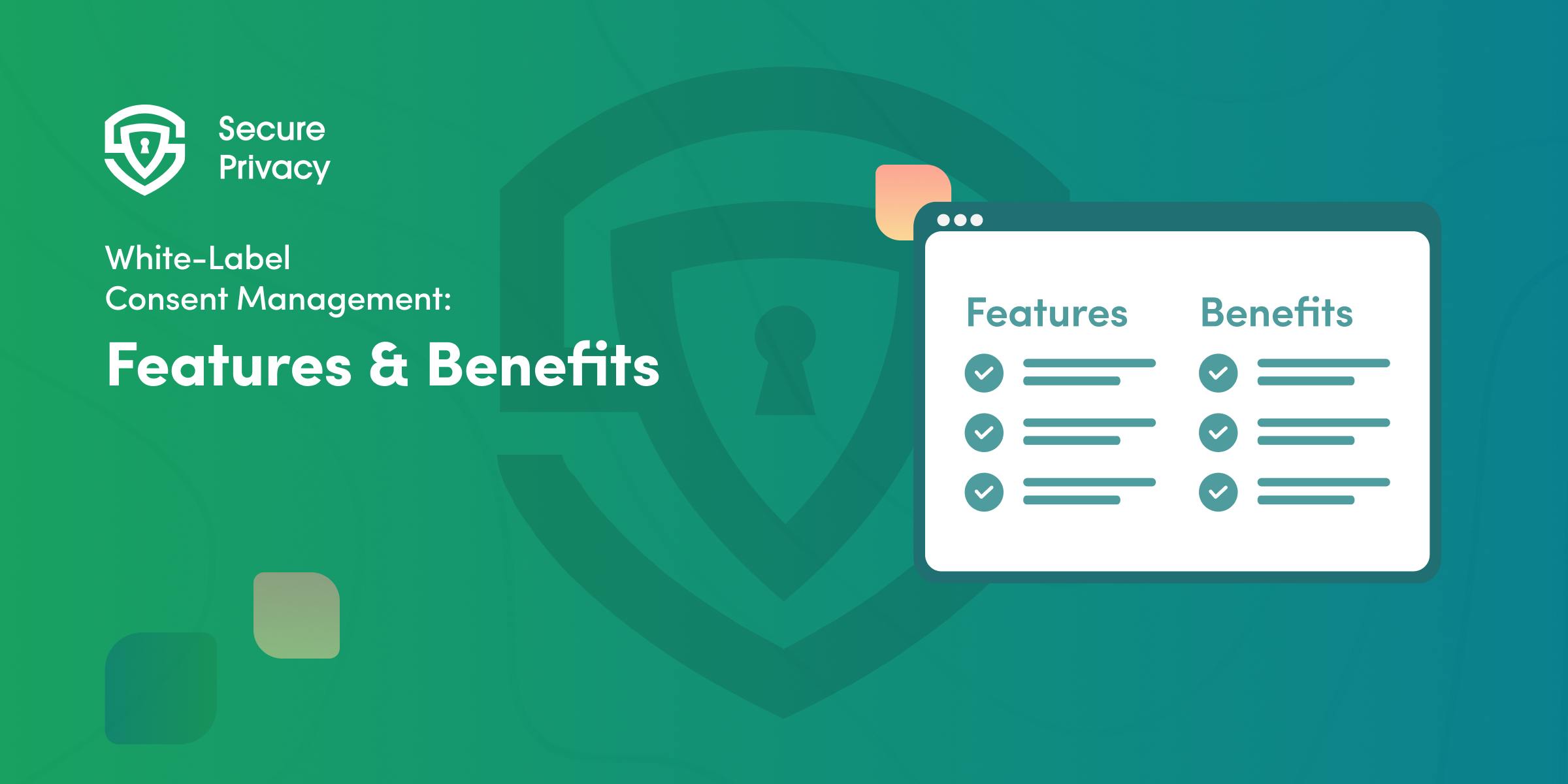Top Tips for Compliant Privacy Policy
Here are some top tips you can employ to create a compliant privacy policy.
Over the past 12 months, consumers’ inboxes have been full of privacy policy update notices inspired by the adoption of data privacy laws such as the EU's General Data Protection Regulation (GDPR), the California Consumer Privacy Act (CCPA) and the CPRA, and Brazil's General Data Protection Law (LGPD).
While GDPR was enforced in May 2018, CCPA and LGPD are expected to come into effect in 2020.
While all these laws are unique, their core similarity is the fact that they need businesses to update their privacy policies and share them with data subjects.
Failure to do so means you violate several requirements of these laws, which could attract penalties for non-compliance. Here are some top tips you can employ to create a compliant privacy policy.
The Legal Structure and why your Business Needs a Privacy Policy
To deal with the adverse effects that can result from poor handling personal information, various countries and state jurisdictions have enacted a variety of laws and regulations to outline data privacy requirements for firms that gather and use consumer information.
The trailblazer for these new regulations is the European Union's GDPR that applies to any company located in the region or those that process data belonging to the region's residents without necessarily being headquartered in the EU.
Following the enforcement of this regulation in May 2018, other countries and state jurisdictions have followed suit with the most prominent ones being CCPA and LGPD.
The aspect that links all these laws is their focus on ensuring businesses that collect personal data, also referred to as data controllers, or those that process it on behalf of the data controller, which are identified as data processors, have a clear and detailed privacy statement.
This statement should be accessible to the people whose information will be gathered or processed by the company in question.
This point implies that privacy policies serve as the platform on which your compliance with data privacy laws commences.
Tips for a Compliant Privacy Policy
Consider the Welfare of your Customers
It goes without saying that nobody is interested in going through an unclear, complex legal jargon and continuous blocks of text. If you come up with a privacy policy that is too difficult to read and understand, a case can be made that a customer who simply checks the ‘I Accept' box has not provided consent, because they are not aware of what they agree to.
Your privacy policy should be structured in short, easy-to-follow section, and be written in a manner that is accessible to everyone.
Ensure your Privacy is Easily Visible
It is advisable to have your privacy policy on a section where people can find it on your website. Furthermore, you should not combine your privacy notice with other legal documentation on your website, such as Terms of Use. Essentially, consumers should not be forced to look for information about how their data is handled by sifting through other unrelated legal statements. Learn how to add a Privacy Policy button on a website.
Outline the Legal Reasons for Processing your Customers’ Information
Essentially, your privacy policy should explain why you are collecting consumer data under the relevant data protection laws of the jurisdictions in which you operate. It should also outline what you intend to do with the data and the legal permissions that allow your business to collect and use this information.
Inform Users about their core Privileges
Different data protection laws give users certain fundamental rights in relation to how websites collect, store, and utilize their personal information. You are not obliged to create separate sections for every right within the privacy notice. Nonetheless, it is important to define them clearly within the agreement.
With Secure Privacy’s privacy policy generator, you can customize one for your business that is compliant with GDPR, CCPA (see more on the requiresments for CCPA Privacy Policy). or LGPD and avoid possible penalties for violations.
Read about Cookie Compliance and Privacy Policy on Wix.

CMP vs Cookie Banner: What's the Real Difference?
Your website's simple cookie banner might be creating a false sense of compliance while exposing your business to massive legal risks. If you think clicking "Accept" on a basic popup satisfies GDPR requirements, you're probably wrong — and regulators are getting increasingly aggressive about enforcing the difference.
- Legal & News
- Data Protection

How to Create a Cookie Policy for Your Website (With Examples)
Your website is probably using more cookies than you realize, and each one could be a compliance violation if not properly disclosed. If you're still operating without a comprehensive cookie policy or relying on generic templates from 2018, you're exposing your business to fines while confusing users.
- Legal & News
- Data Protection
- Cookie banner
- Website Cookies and Tracking

White-Label Consent Management: Add a CMP to Your Offering, Fast
Your clients are asking about privacy compliance, and you're probably losing deals to competitors who offer complete cookie consent solutions. If you're an agency, SaaS platform, or IT service provider watching clients struggle with GDPR and privacy requirements, you're missing a massive revenue opportunity that's right in front of you.
- Legal & News
- Data Protection
